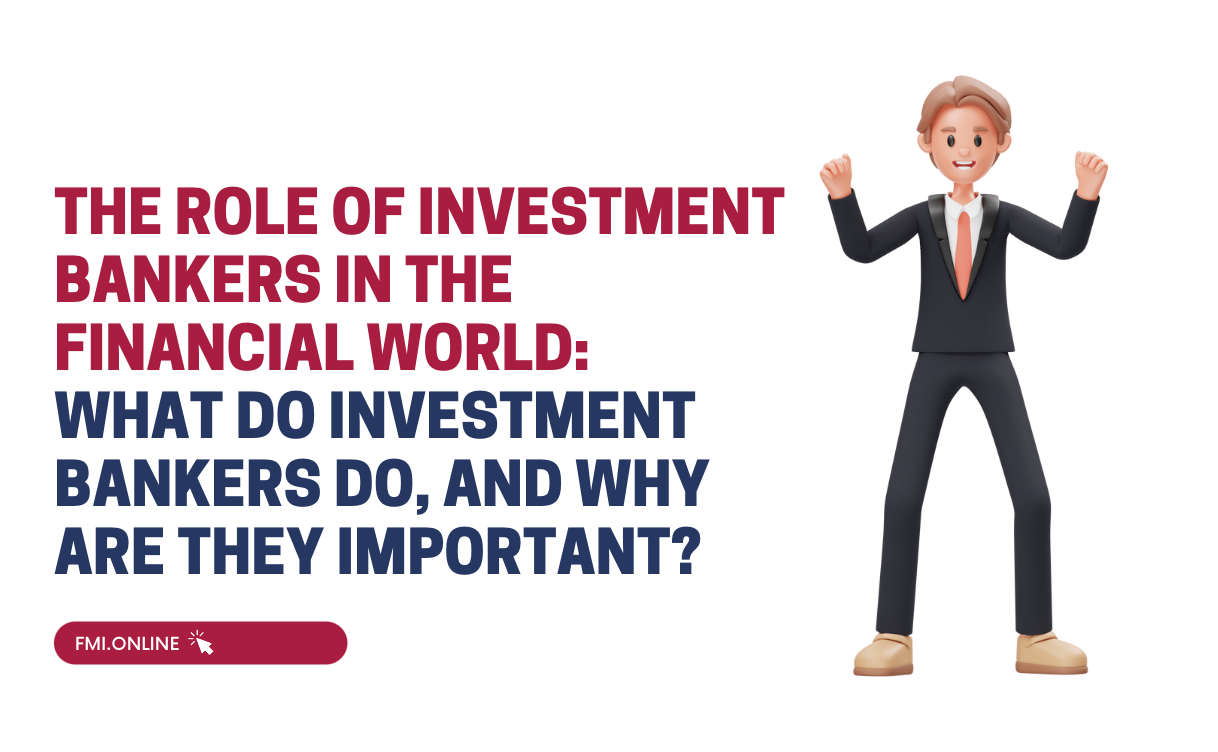If you aspire to have a career in investment banking, chances are you’ve daydreamed about the big bucks, the power suits, the swanky lifestyle and more. At the same time, you’ve probably also mulled over the much spoken about long hours, a deficient work-life balance, a bumpy corporate ladder etc.
So, where exactly is the sweet spot? How will you decide whether you’re cut out for this profession and whether it, too, is an ideal fit for you? To know the answer to that question, you must be able to distinguish facts from hearsay. In this guide, we help you do that by discussing some key expectations and realities of working in investment banking:
Expectation: You will work ruthless hours
Reality: There’s no easy way to say this but your 9 to 5 will be stretched for sure. On average, as a new entrant in the industry, you will find yourself working 60-80 hours a week. This may fluctuate depending on the position, the firm you work for, the culture in the country where you work as well as on where your clients are. If you work for international clients, for example, you may need to start your days earlier than 9 am.
Yet, the good news is that there are many ways to manage such a demanding schedule and in fact, learn from it.
First, try and reflect on whether you struggle with time management. This exercise can help you identify the gaps and fill them early on. Also, think of wasteful activities. How much time do you spend scrolling social media or watching content that brings you negligible value? With such an analysis, you can foresee areas of improvement and be better prepared to devote the time your job demands. Second, think hard about how badly you want to work in this industry. The problem with long working hours is that you’re more likely to complain about your timings if you don’t enjoy what
you do. But if you are driven and keen to work as an investment banker, the longer hours won’t pinch you as much. Lastly, pledge to make time for an activity of your choice regardless of your work schedule. Most people are frustrated over working hours and burn out when they can’t do anything that they enjoy. So, unwaveringly carve out time (a reasonable 1-2 hours a week) for something that brings you joy and respite. In conclusion, remember that while the hours might be long, they don’t always need to be ruthless – that’s an outcome of your preparation and mindset.
Expectation: You will take home the big bucks
Reality: Investment banking is one of the highest-paid professions in the world. Right after school, you can expect to make $100,000 a year. I-bankers also receive a sizable chunk of their income in bonuses, which only inflate as you climb to more senior positions. So yes, if you’re in it for the money, you won’t be disappointed but do ensure that you’re motivated by factors more than just the money.

Expectation: You will work a boring job
Reality: While this can be subjective, we’d argue that reality is quite the opposite. Bankers are often painted with a broad brush when it comes to the nature of their job. It is assumed that the profession is cushy but boring with hardcore number-crunching from behind the screen. But that’s not the case at all.
As an investment banker, you get the opportunity to engage and work with a diverse client portfolio. Further, you will be working in a fast-paced environment, which can be thrilling. An investment banker also needs communication skills of the highest order considering that the job requires you to be a persuasive salesperson responsible for raising capital for firms, and working with senior executives. So, if you have a sharp acumen for communicating and networking, your job as an investment banker will be far from boring. The job’s analytical nature also requires one to think innovatively, solve problems, and have a curious attitude towards challenging tasks. This advances your intellect and your ability to act swiftly in difficult situations, which also does not equate to boring. Hence, you can toss this expectation out the window.
Expectation: The industry is impenetrable if you’re starting out
Reality: Yes, investment bankers are usually MBAs from top colleges with superior numerical and analytical skills. Broadly speaking, it is a competitive industry to get into. But, with the right amount of knowledge, training, practice, and a winning growth mindset, you can crack this process. First, to ace the technical skills for investment banking, you can learn all major tricks of the trade through a program designed by real-time experts such as this one by FMI exclusively on investment banking. You can also refer to our practical guide on answering the technical interview questions. Lastly, while the requirements for the perfect investment banking candidate may be boxed such as your school or GPA, you can always navigate them with a mix of high determination and effort. Here are some tips on how to do that.
In the end, you can read countless articles online about myth-busting the investment banking sector. Yet, if this is a field you’re passionate about, your focus and will to succeed can eclipse any roadblocks you encounter along the way!












 60+ hours
60+ hours 9 courses
9 courses



